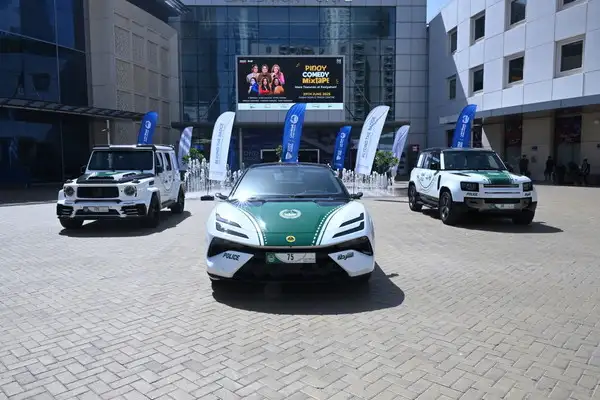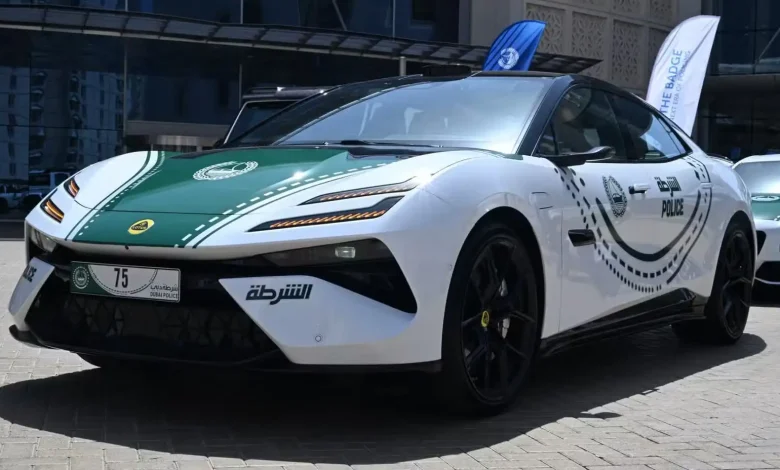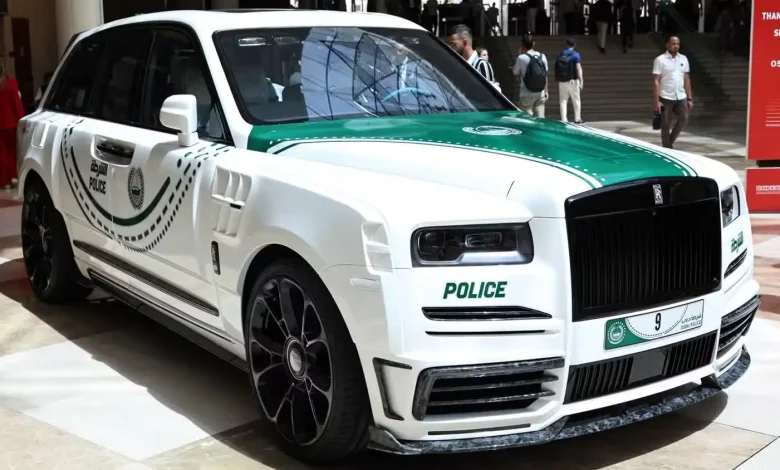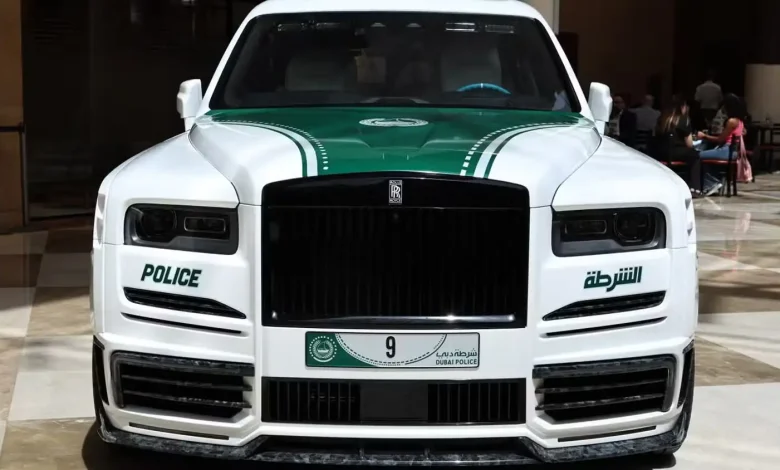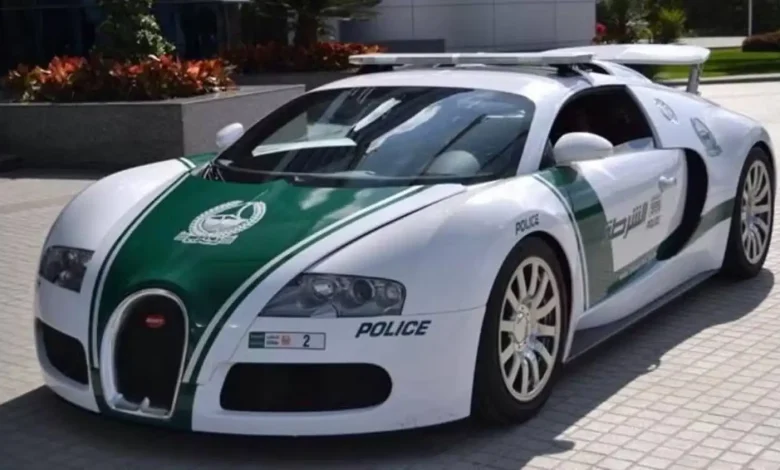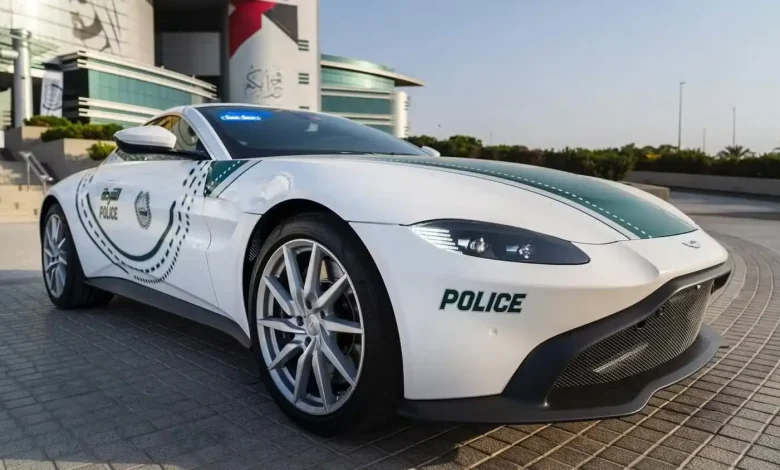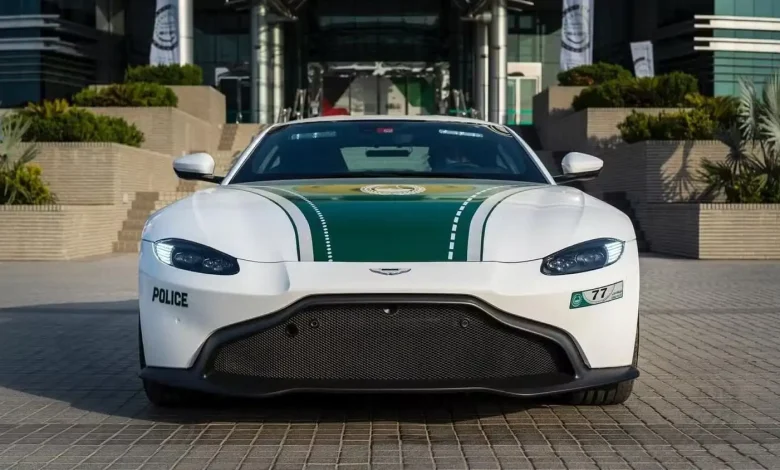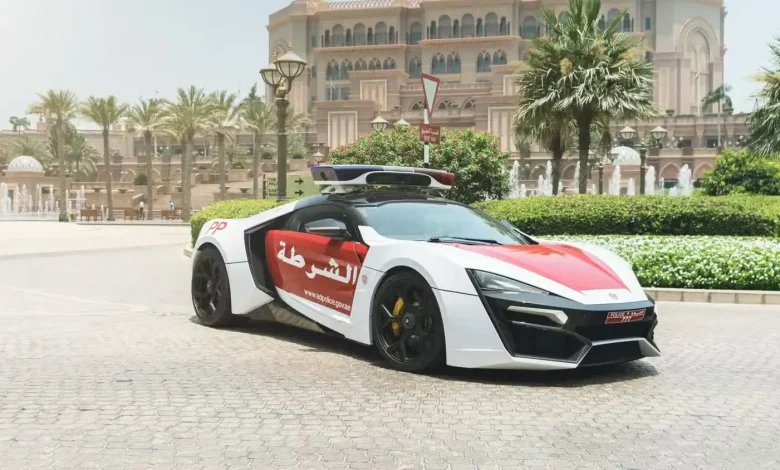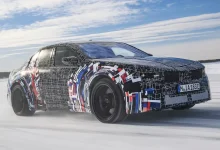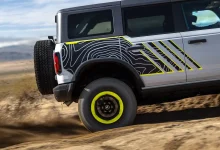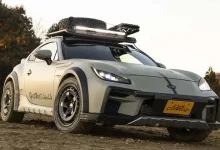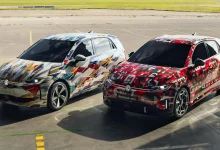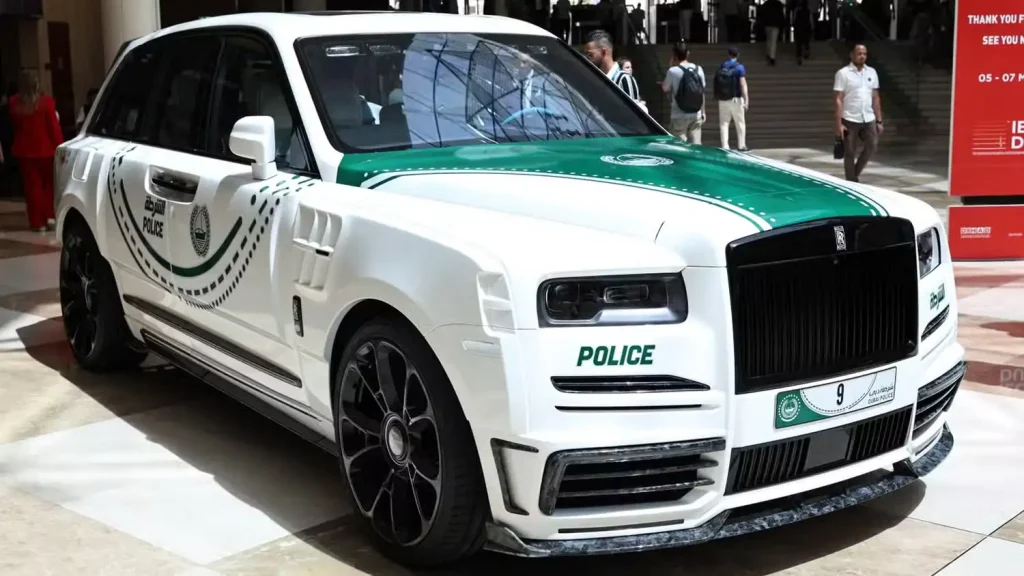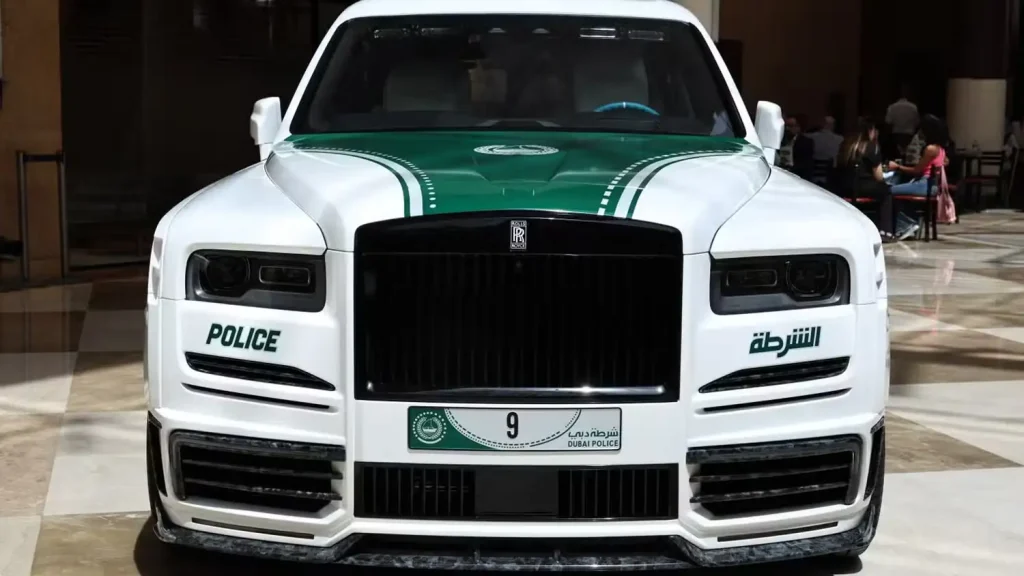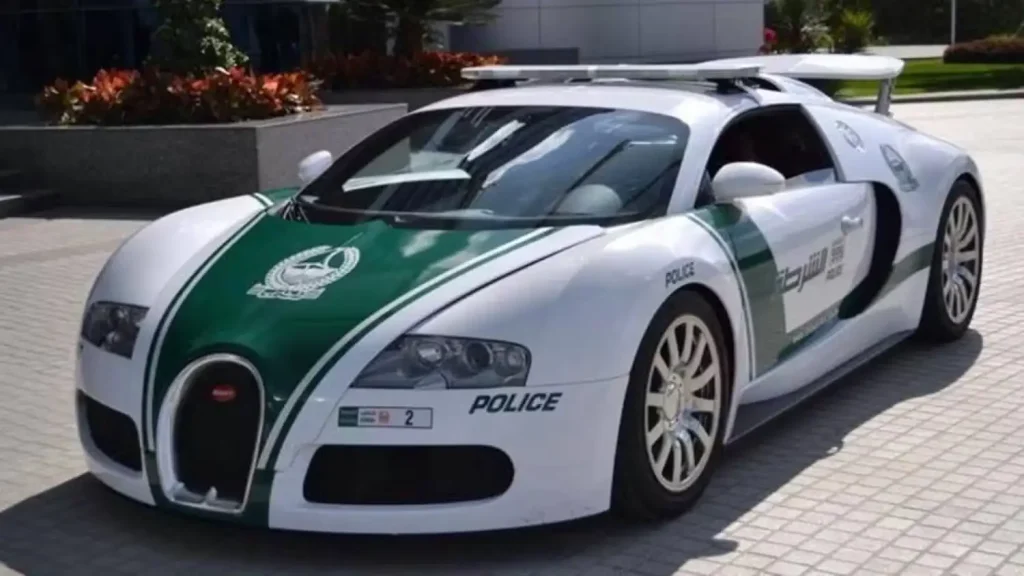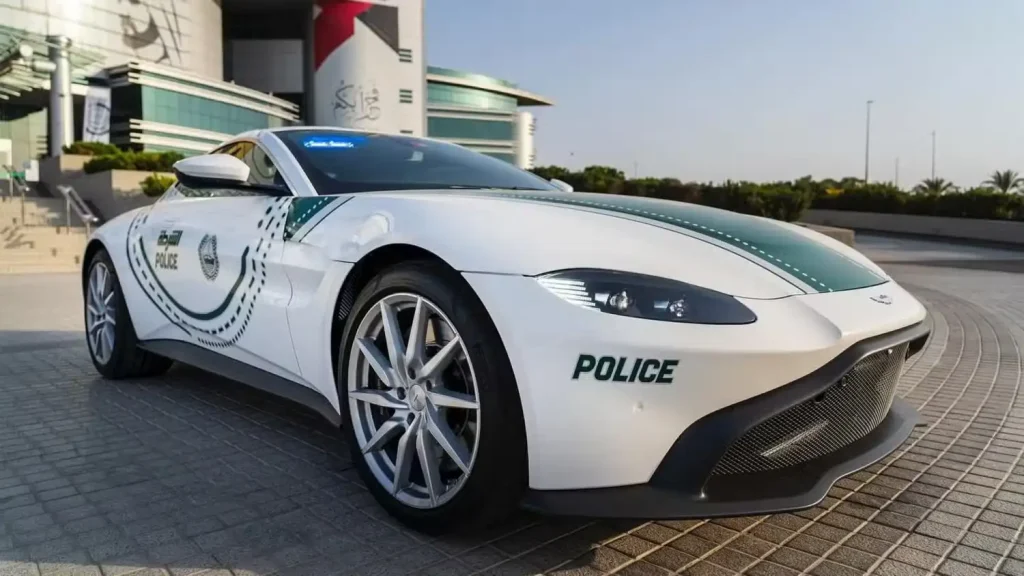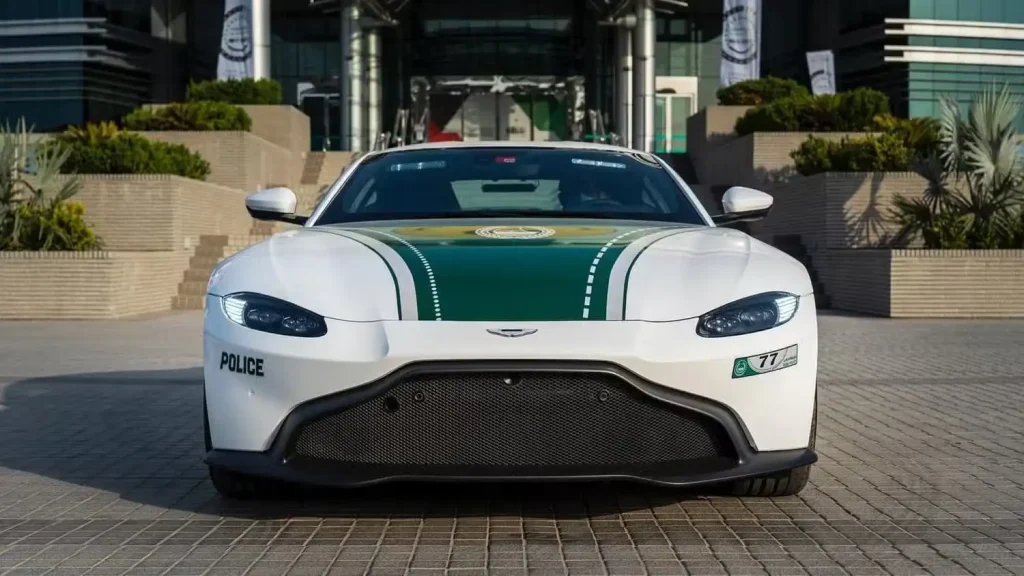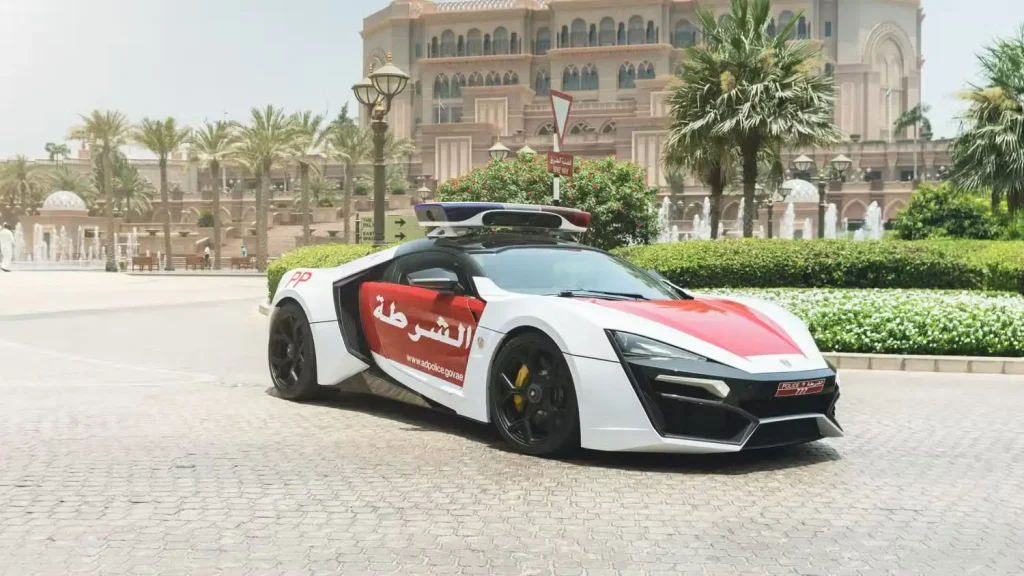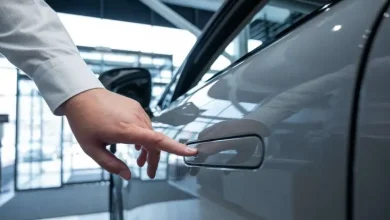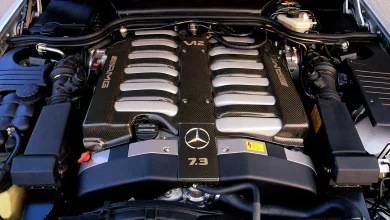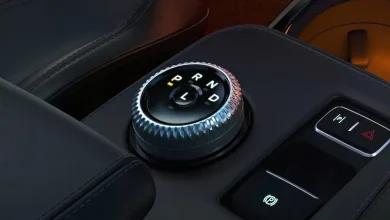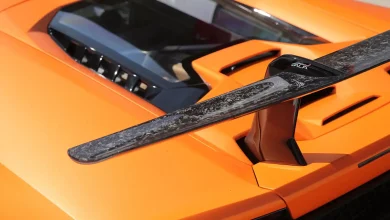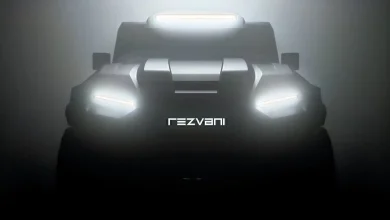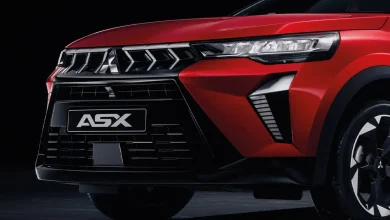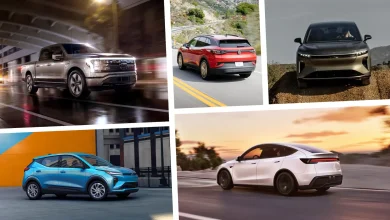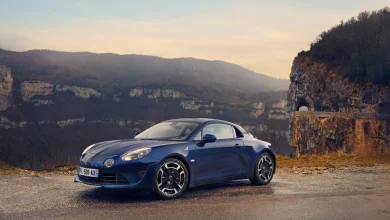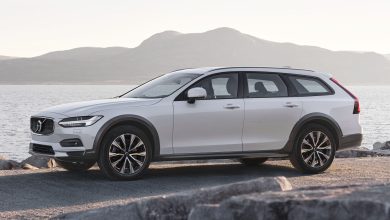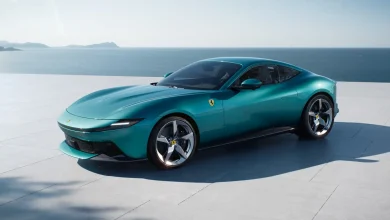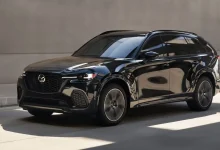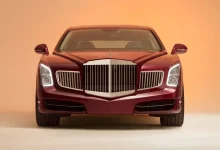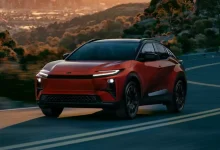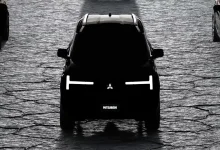Lotus Emeya EV Joins Dubai Police’s Elite Vehicle Lineup
Last week, the Dubai Tourist Police Department received its newest addition: an electric super-sedan.
If you’re planning to push the limits on your next trip to Dubai, be warned — the city now has a lightning-fast Lotus patrol car ready to respond.
Dubai’s Tourist Police Department recently added the all-electric Lotus Emeya S sedan to its fleet. Delivered just last week, this sleek and powerful EV will be deployed around the city’s most iconic destinations, including Jumeirah Beach Residence and the Burj Khalifa.
But the Emeya isn’t just for high-speed chases. In addition to patrolling for criminal activity, the striking electric sedan will serve as a highly visible point of contact for residents and tourists seeking help or information. Its eye-catching presence ensures that assistance is never far away in one of the world’s most visited cities.
Lotus Partnered with Dubai Police on the Emeya EV Acquisition
Dubai Police officially unveiled its newest fleet member—the electric Lotus Emeya S—during the World Police Summit at the Dubai World Trade Centre, marking the occasion with a formal ceremony attended by top officials.
Among the dignitaries present was His Excellency Expert Major General Khalil Ibrahim Al Mansouri, Assistant Commander-in-Chief for Criminal Investigation Affairs at Dubai Police. Ramzi Atat, Head of Marketing and Public Relations for Lotus in the Asia-Pacific, Middle East, and Africa regions, also joined the celebration.
Atat emphasized that the collaboration between Lotus and the city of Dubai reflects the police department’s forward-looking focus on sustainability and innovation. Given the high-profile nature of the vehicle’s deployment, the Emeya EV is expected to play a prominent role in enhancing the department’s public engagement and visibility.
“These vehicles not only enhance the image of Dubai Police but also empower our officers to actively engage with both residents and tourists—providing information, guidance, and reinforcing the community-oriented mission of our force.”
— H.E. Expert Major General Khalil Ibrahim Al Mansouri, Dubai Police
The Lotus Emeya S is no ordinary patrol car. Equipped with a dual-motor electric drivetrain, it delivers an impressive 603 horsepower, powered by a 102.0-kilowatt-hour battery pack. This setup enables a driving range of up to 600 kilometers (372 miles), and supports ultra-fast charging—thanks to 402-kilowatt DC fast-charging capability, the battery can recharge from 10 to 80 percent in just 14 minutes under optimal conditions.
While a 603-hp electric super-sedan might sound excessive for police duty, it’s actually the entry-level powertrain for the Emeya lineup. Dubai Police opted for the S model, showing restraint in not choosing the even more powerful 905-hp Emeya R, which rockets from 0 to 60 mph in a staggering 2.8 seconds—compared to the S trim’s already quick 4.2 seconds.
That said, this police Emeya isn’t exactly light on its wheels. Even before the addition of law enforcement equipment, the sedan tips the scales at approximately 5,600 pounds, diverging from Lotus’s tradition of lightweight engineering.
Other Wild Police Vehicles
As impressive as the all-electric Lotus Emeya S may be, it’s far from the most outrageous vehicle in Dubai’s law enforcement arsenal. The city’s police fleet is famous for its jaw-dropping collection of luxury and performance cars, which includes a Mansory-tuned Rolls-Royce Cullinan, a Lamborghini Urus Performante, and the Ghiath—a futuristic SUV developed by local automaker W Motors.
Not to be outdone, the capital city of Abu Dhabi boasts a W Motors Lykan Hypersport in its police lineup—a hypercar so wild it famously appeared in the Fast & Furious film franchise. It’s more than capable of catching up with anyone trying to play Vin Diesel or Paul Walker in real life.
The takeaway? If you’re in the United Arab Emirates, it’s best not to run from the police—they’re likely driving something faster than you can imagine.
And here we were thinking American law enforcement officers had it good with their Hemi-powered Durangos. The wildest cop ride in the U.S. might just be Las Vegas’ new Tesla Cybertruck — which, for most of us, doesn’t quite match the thrill of a Lykan Hypersport or a Lotus Emeya cruising the streets of the UAE.
